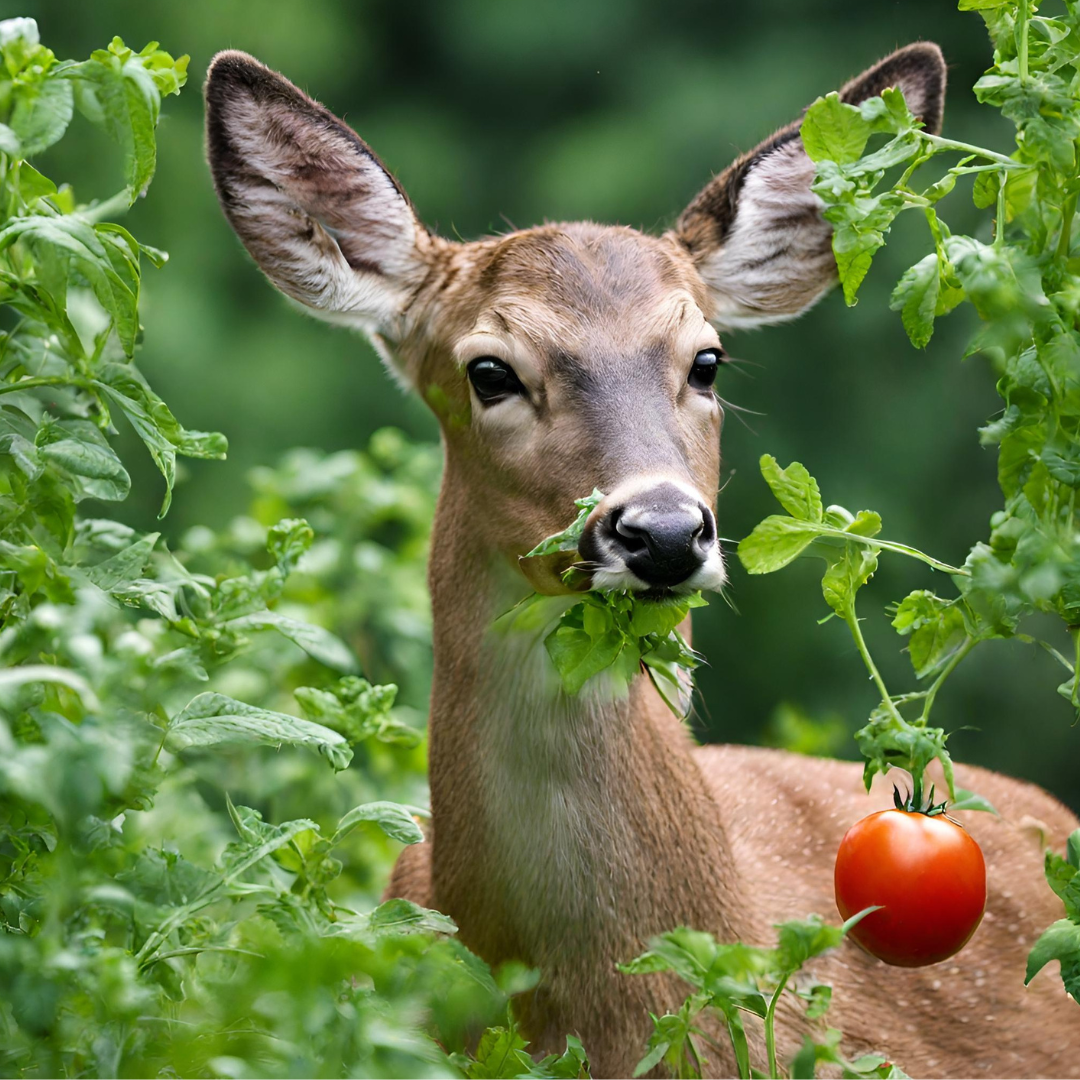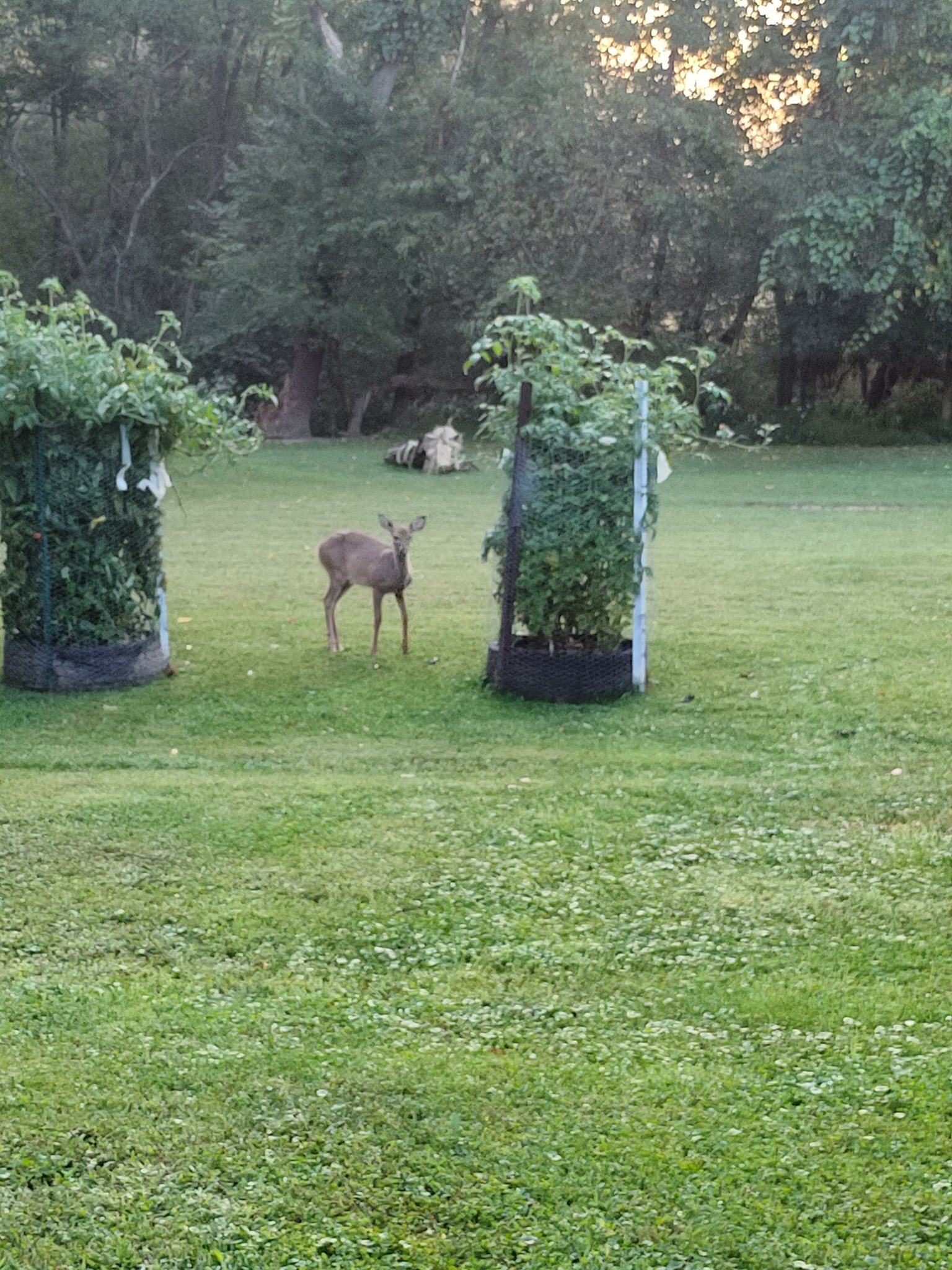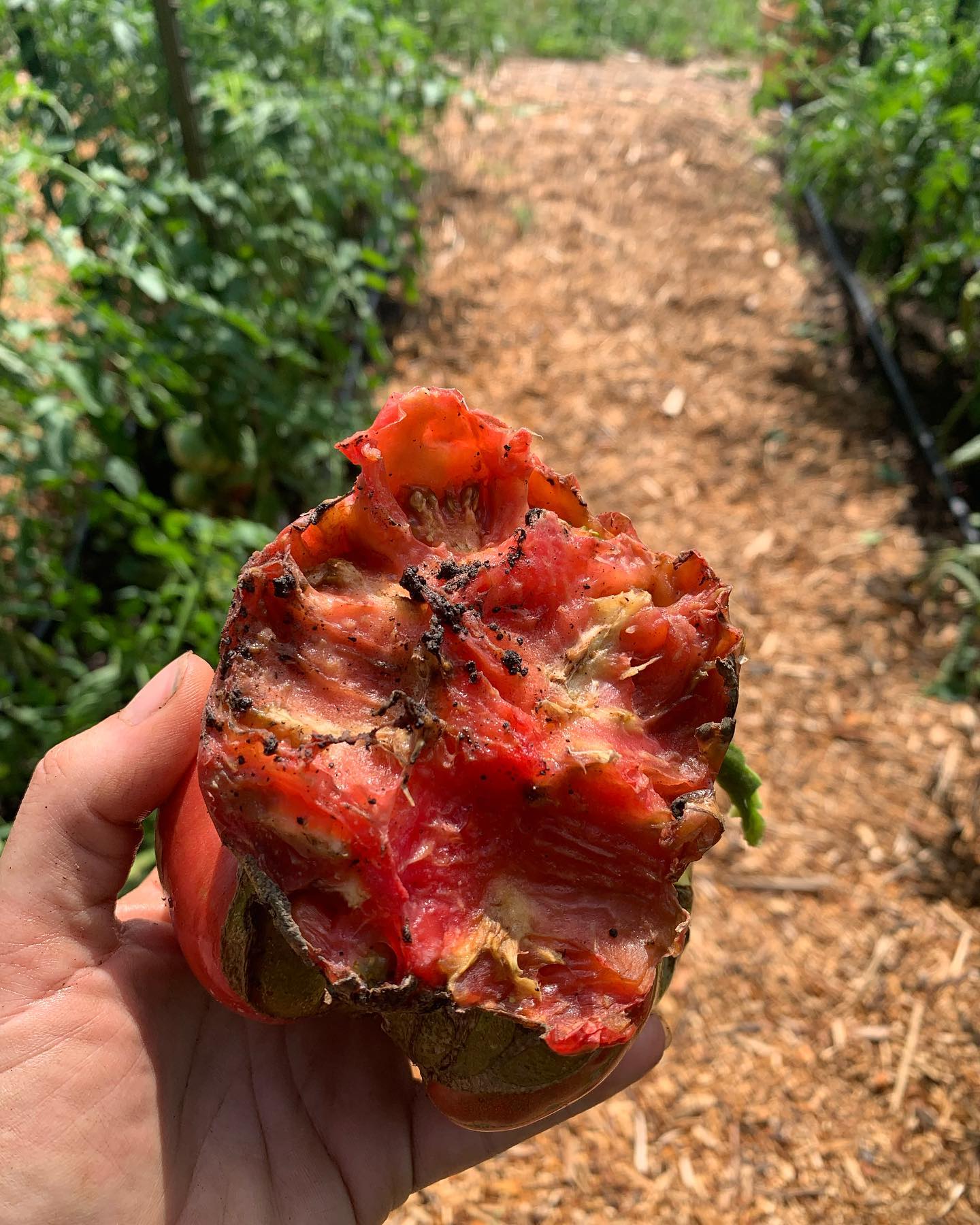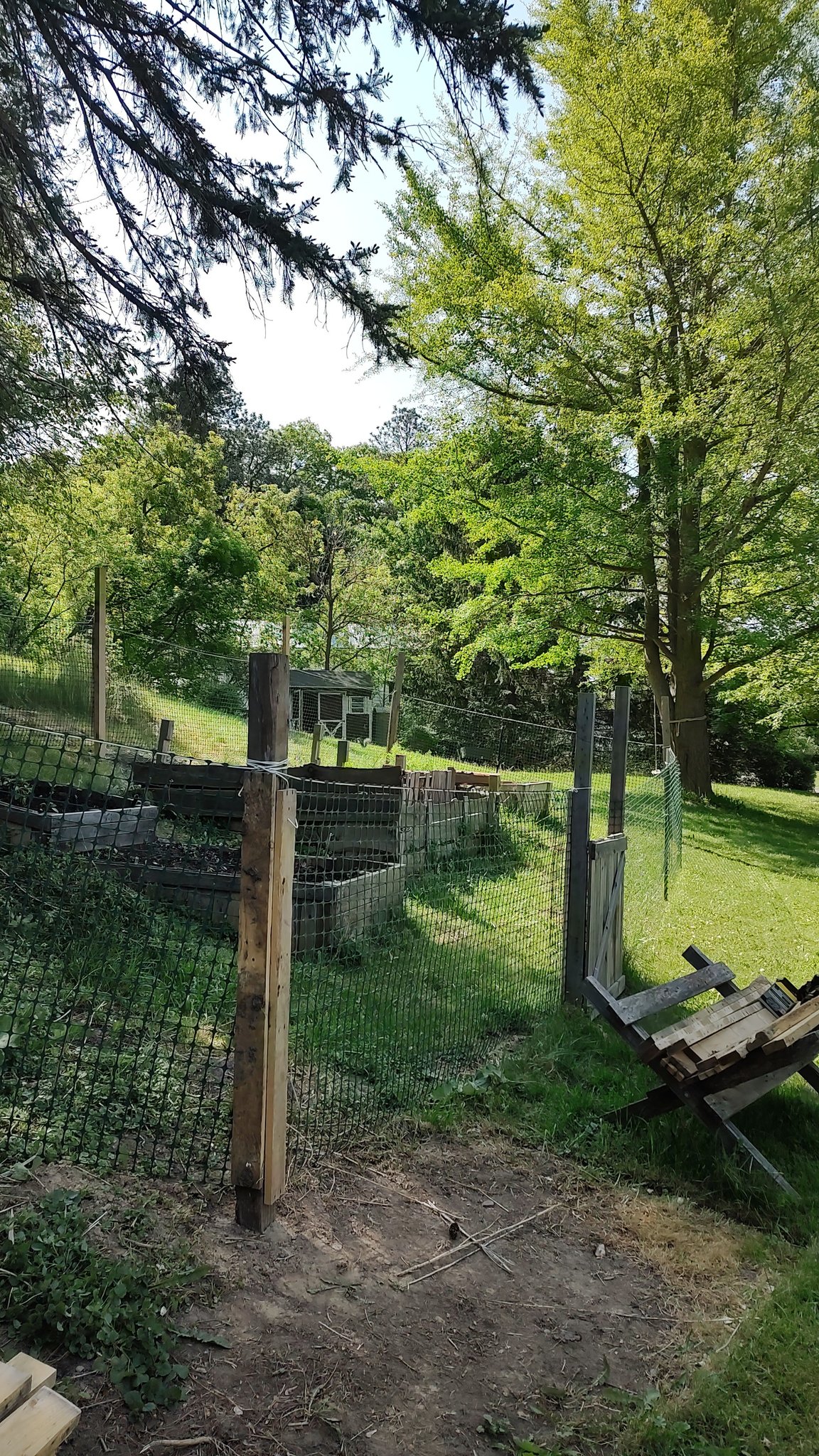
Gardening can be a labor of love, and there’s nothing quite as disheartening as discovering that your carefully tended tomato plants have become a deer’s midnight snack. The age-old question, “Will tomatoes grow back after deer eat them?” is a common concern for gardeners facing this predicament. In this comprehensive guide, we’ll explore the resilience of tomato plants, the impact of deer feasting on them, and what you can do to salvage your garden. So, let’s embark on this journey to understand the fate of your tomatoes after a deer visit.
Table of Contents
Will Tomatoes Grow Back After Deer Eat Them?

Yes, tomato plants can regrow after being eaten by deer. Tomato plants are resilient and have the capacity to recover, thanks to several factors such as indeterminate growth, self-pruning, robust root systems, and the existence of pest-resistant varieties.
The Resilience of Tomato Plants
Tomato plants are known for their remarkable ability to grow back after being eaten by deer. They possess several features that contribute to their resilience:
Indeterminate Growth
Most tomato varieties exhibit indeterminate growth, meaning they continue to produce new growth and fruit throughout the season. This resilience can help them recover after deer eat them.
Self-Pruning
Tomato plants are self-pruning, meaning they can shed damaged leaves or branches, allowing new growth to emerge.
Root Systems
The robust root systems of tomato plants can help them absorb nutrients and water efficiently, aiding in their recovery.
Resistant Varieties
Some tomato varieties are bred to be more resistant to pest damage, which can enhance their ability to regrow.
The Impact of Deer on Tomato Plants

Deer are herbivores and often graze on a variety of plants. When they encounter your tomato plants, they may:
- Browse on Leaves: Deer tend to nibble on the leaves and stems of tomato plants, which can stunt growth and reduce fruit production.
- Occasionally Munch on Fruit: While not their primary choice, deer may sample tomato fruits, causing damage and loss of yield.
- Recurring Visits: If deer return to your garden, the cumulative impact on your tomato plants can be significant.
Deer-Related Challenges On Tomato Plants
The presence of deer in your garden can bring several challenges to your tomato plants:
- Stunted Growth : Repeated browsing by deer can lead to stunted growth and reduced fruit production.
- Disease Transmission : Deer can carry diseases and ticks, which they may inadvertently introduce to your garden.
- Reduced Yields: Damage to leaves and fruits can result in reduced tomato yields, affecting your harvest.
How Long Will Tomatoes Grow Back After Deer Eat Them
The time it takes for tomatoes to regrow after being eaten by deer can vary depending on several factors, including the extent of the damage, the health of the plant, and growing conditions. In general, tomato plants have the potential to start regrowing within a few weeks to a couple of months after deer grazing.
If the deer only nibbled on the leaves and stems without causing severe damage to the main stem or root system, you may start to see new growth in a matter of weeks. However, if the damage was more extensive, it might take a bit longer for the plant to recover.
Strategies to Encourage Tomato Recovery
If your tomato plants have fallen victim to deer, there are steps you can take to encourage their recovery:
- Pruning: Remove damaged leaves and branches to encourage new growth and prevent the spread of diseases.
- Fertilizing: feed your tomato plants with appropriate nutrients to support their recovery and growth. Well-balanced fertilizer can be beneficial.
- Watering: Ensure your tomato plants receive adequate and consistent watering to help them recover from deer damage.
How Do I Keep Deer From Eating My Tomatoes?

Here are steps you can take to protect your tomato plants from deer damage:
- Fencing: To deter deer, erect a robust 8-foot-tall perimeter fence around your garden, preventing them from leaping over it.
- Repellents: Use deer repellents like sprays, soaps, or strategically placed objects with reflective surfaces to deter deer from approaching your tomato plants.
- Scare Devices: Motion-activated scare devices, such as noise-making ones or even friendly dogs, can discourage deer from entering your garden.
- Companion Planting: Some plants, like marigolds and lavender, are known to repel deer. Consider planting them alongside your tomatoes as a natural deterrent.
Conclusion
Deer can be both enchanting visitors and formidable foes. While deer grazing on your tomato plants can pose a challenge, tomato plants are remarkably resilient and can recover if given the right care and protection. By understanding the resilience of tomato plants, the impact of deer feeding, and the strategies to encourage recovery, you can continue to enjoy the fruits of your labor. So, don’t lose hope if deer pay your garden a visit – with the right approach, your tomatoes can indeed grow back after deer eat them.
